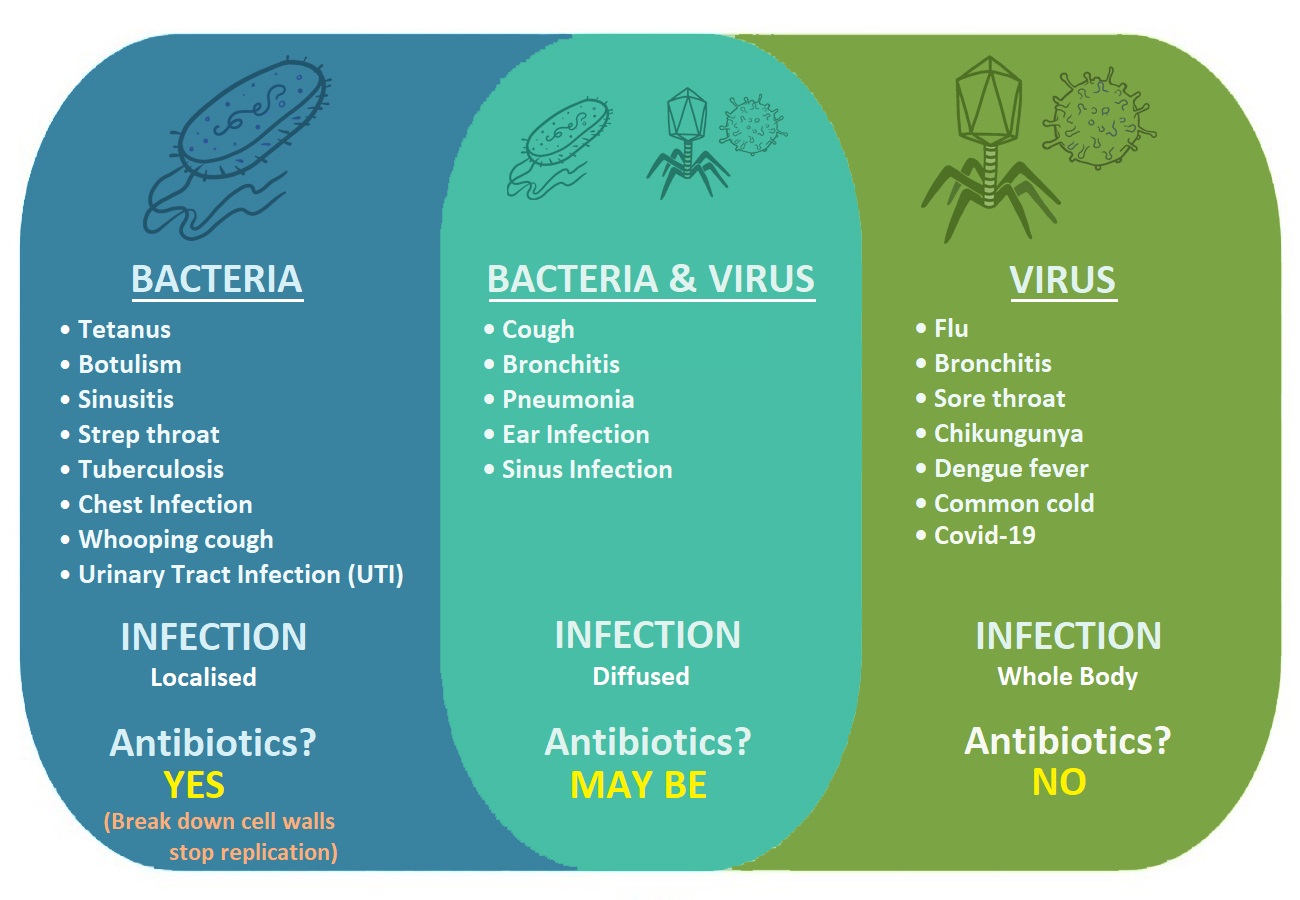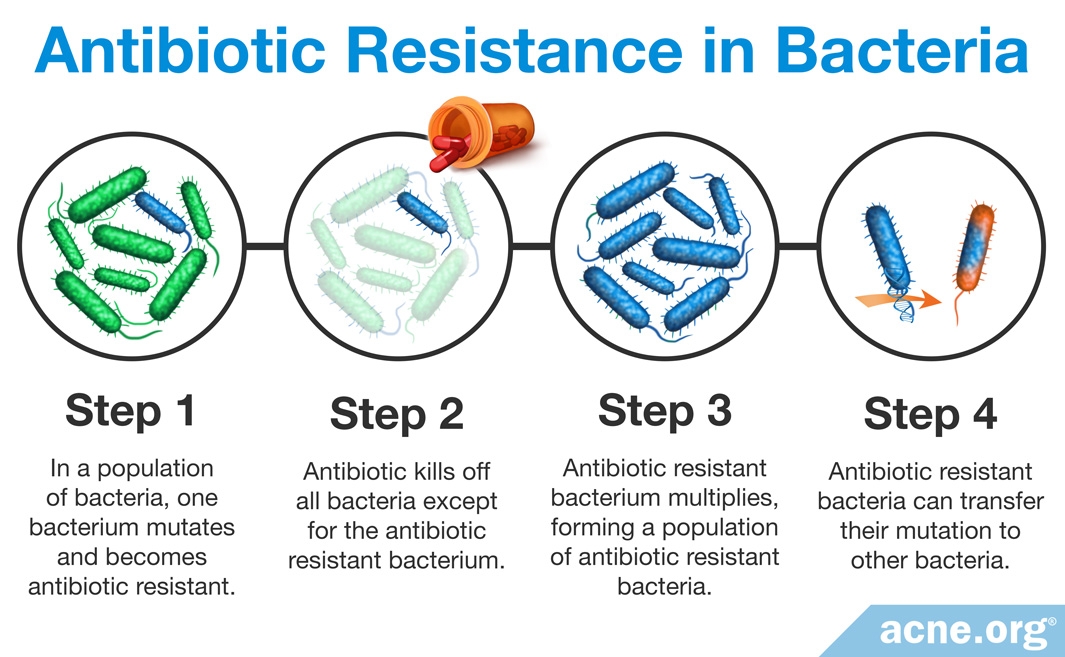Antibiotics can be useful in fighting off bacteria but they are ineffective against viruses this is because bacteria and virus are completely different both having unique characteristics that need specialized treatments

Antibiotics vs. Viruses: Understanding the Key Differences

In our battle against infections and illnesses, antibiotics have played a crucial role in fighting off harmful bacteria. These powerful medications have revolutionized modern medicine and saved countless lives. However, it’s important to know that antibiotics are ineffective against viruses, as bacteria and viruses are completely different adversaries with unique characteristics that require specialized treatments.

Bacteria and viruses may seem similar as they both can cause infections, but they differ in fundamental ways. Bacteria are single-celled microorganisms that can survive on their own and reproduce, while viruses are much smaller and can only reproduce inside host cells. These distinctions make it crucial to treat infections caused by bacteria and viruses differently.
When it comes to antibiotics, they primarily work by targeting bacterial structures or processes that are not present in human cells. For instance, antibiotics may inhibit the formation of bacterial cell walls or disrupt their protein synthesis. By specifically targeting these bacterial traits, antibiotics effectively kill or inhibit the growth of bacteria, allowing our immune system to eliminate the infection.
Viruses, however, do not possess the same structures or processes as bacteria. They rely on host cells to replicate and spread. Antibiotics, designed to target bacterial components, cannot effectively interfere with virus reproduction. This is why antibiotics will not help in combating viral infections such as the common cold, flu, or COVID-19.
It’s worth noting that overusing antibiotics, especially when they are not necessary, can contribute to antibiotic resistance. This occurs when bacteria evolve and become resistant to the effects of antibiotics, rendering the medications less effective. Antibiotic resistance is a pressing global health concern that jeopardizes our ability to treat bacterial infections effectively.
So, how do we tackle viral infections? Antiviral medications are specifically designed to attack viruses and impede their replication in host cells. These medications may target various stages of the viral life cycle, such as preventing virus entry into cells, inhibiting viral DNA synthesis, or blocking the release of new viral particles. By directly targeting the virus, antivirals can help reduce symptoms, shorten the duration of illness, and sometimes even prevent complications.
Education and awareness play a vital role in preventing the misuse of antibiotics. By understanding the differences between bacteria and viruses, we can ensure that antibiotics are used appropriately and effectively. Remember, antibiotics are powerful tools against bacterial infections, but they are not the answer to viral illnesses. Let’s preserve the effectiveness of antibiotics and turn to the appropriate treatments when fighting off viral infections.
Source: New World Encyclopedia
Tags
Share
Related Posts
Quick Links
Legal Stuff

